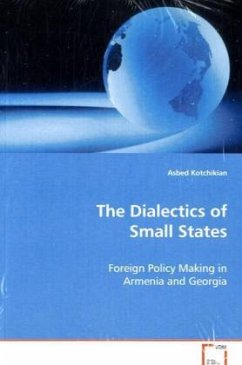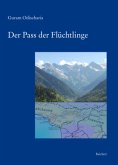This book focuses on the foreign policy making processes in Armenia and Georgia in the 1990-2006 period, but it also aims to survey, examine and critique the literature pertaining to the theory of small states by examining the way small states conduct foreign policy and adapt to changing international political systems. In four separate sections, the book analyzes the various concepts related to small states. Then it examines the political realities in the South Caucasus during the post-Cold War era, after which it focuses on the attempts of Armenia and Georgia to assert statehood and independence through foreign policy that is bound by limited political and military power. Finally a discussion of Armenian-Georgian bilateral relations addresses the dynamics of small state interaction with each other, subsequently arguing that Real Politk and the burden of history hold Armenian and Georgian foreign policies hostage between them.In sum, the book offers an insight in understanding the perceptions that these two nations have towards various issues (such as Western integration or relations with Russia) and contributes to the larger understanding of societies in transition.
Bitte wählen Sie Ihr Anliegen aus.
Rechnungen
Retourenschein anfordern
Bestellstatus
Storno








